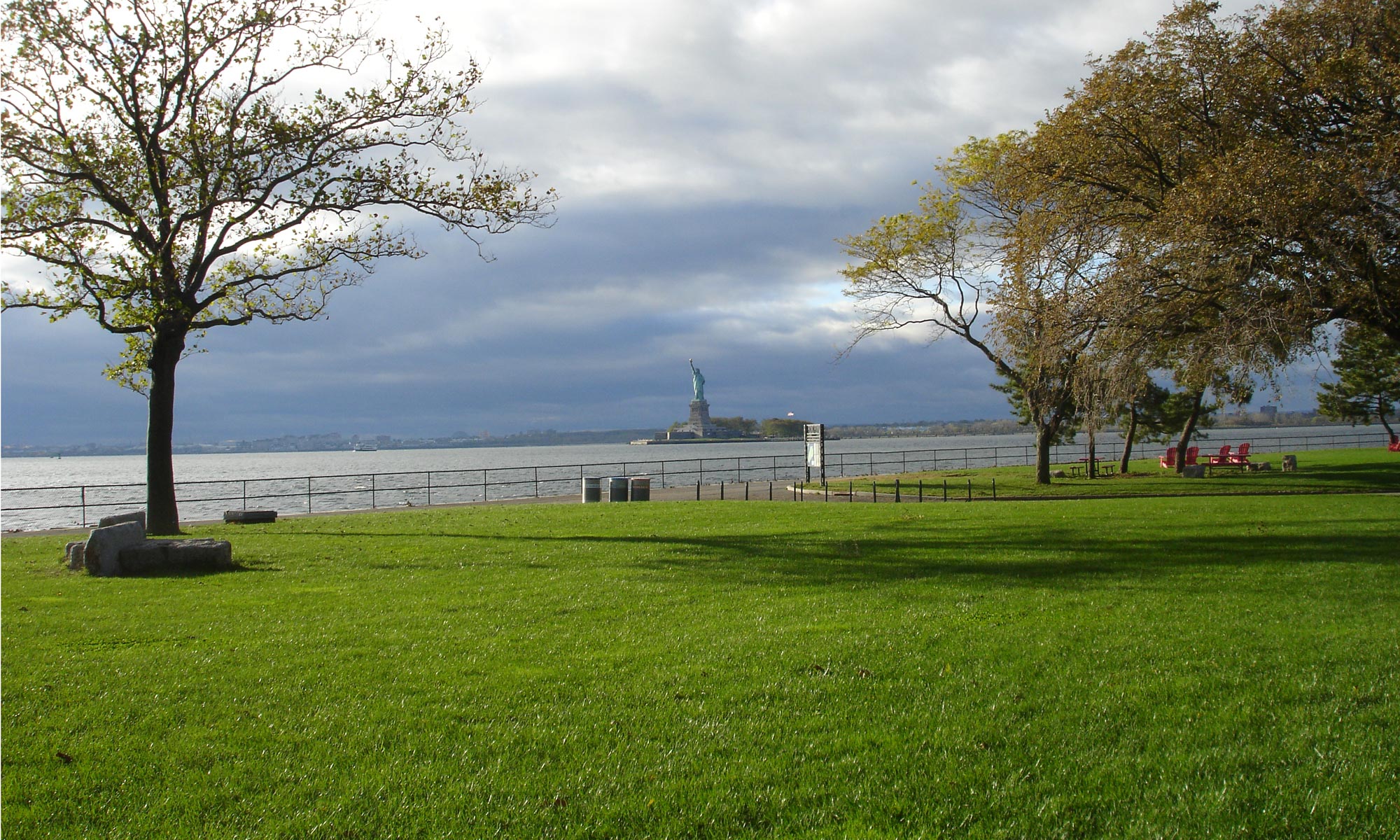For Immediate Release: info@landusealliance.nyc
March 16, 2021
CITYWIDE PEOPLE’S LAND USE ALLIANCE IS APPALLED BY SPEAKER JOHNSON’S MISREPRESENTATIONS REGARDING HIS “COMPREHENSIVE PLANNING” BILL
Speaker Johnson holds a performative hearing on Intro 2186
NEW YORK CITY: On February 23rd, the Committee on Governmental Operations held a hearing on Speaker Johnson’s “Comprehensive Planning” bill, Intro 2186 that establishes a 10-year planning procedure for the city. The City Planning Commission testified first (with unlimited speaking time), vehemently opposing the bill. Four hours later public testimony began, at which point most of the Councilmembers had already left the hearing. Not even the bill’s prime sponsor, Speaker Johnson – and only one out of eleven cosponsors of the bill – bothered to stay and listen to public testimony, the majority of which was in opposition to the bill.
Though this is par for the course at City Hall, what was unexpected was reducing public speaking time from three minutes to two minutes, a significant reduction. And elected officials misrepresenting the facts about the bill.
The sham hearing displayed utter disinterest and disregard for community response and input in the same way that Johnson’s “comprehensive planning” does.
City Planning Chair Marisa Lago rightfully accused Johnson’s bill of being a “top-down” proposal that would add an additional layer of bureaucracy. Chair Lago is correct, the bill would create a “Director” who is essentially a 21st century version of Robert Moses with unprecedented powers such as establishing the “Citywide Goals Statement” which would outline citywide targets for population growth in addition to whatever else he or she “deems appropriate.”
This all happens before a single public hearing takes place, thus deliberately excluding the community. As it currently stands, the community has very little input in land use decisions and this bill does not solve this.
The bill requires creating three land use scenarios for each community district that prioritize population growth, a process that Chair Lago estimated will cost at least $500M. The new Robert Moses then submits draft comprehensive plans to the Community Boards and eventually to City Council to select one. The purpose of the draft comprehensive plan is “to prioritize population growth, where applicable, in areas that have high access to opportunity and low risk for displacement.”
If City Council or local Council Person rejects the plans, then “Robert Moses” has the authority to pick one for them as stated in the law: “If the Council fails to adopt a preferred land use scenario for each community district by such date, the director shall select preferred land use scenarios”.
Although the law explicitly and clearly states the Director’s ultimate power, Speaker Johnson berated Lago and insisted that the Director does not have that power. The Speaker also claimed communities will have input into the plan because the city will look at the district’s needs assessment. However nothing in the plan requires the city to address those needs, thus making it only an informal “wish list”. The only thing that is a mandated requirement in the plan is increased building height limits.
We are flabbergasted at Johnson’s alternative facts and total misrepresentation of the bill, in addition to his disingenuous claim that his plan would address “racial injustice” – a concept he blatantly ignored when he supported the racist rezonings of East Harlem, East NY, Jerome Ave, Inwood and Flushing.
Intro 2186 is a “top-down” proposal that excluded community input when it was drafted, as evidenced by several Community Boards who testified they had no idea this plan was coming let alone were asked to participate in drafting the legislation. The reality is the bill takes power away from the community districts because it consolidates power in the Mayor’s office.
We acknowledge that comprehensive planning is essential but it should be community driven from bottom up, not the other way around. NYC doesn’t need an all-powerful Robert Moses-like figure to set housing targets for already crowded pre-determined neighborhoods and a bill with such long term implications should not be passed when the majority of the bill’s sponsors are termed out and will not be here to deal with the repercussions. For these reasons, Intro 2186 should be pulled until the community gets a seat at the table in drafting a bill to create a real comprehensive plan that increases community input and does not diminish it.
29th Street Association
9th Street A-1 Block Association
Art Against Displacement
Artist Studio Affordability Project
Austin Shafran – Bayside resident
Bowery Alliance of Neighbors
Carroll Gardens Coalition for Respectful Development
CVBA (Central Village Block Association)
Flushing Workers Center
Friends and Residents of Greater Gowanus
Inwood Legal Action
Inwood Preservation
Justice for All Coalition
Lower East Side Dwellers
Lower Seaman Tenants Association
MAGIC (Metro Area Governor’s Island Coalition)
MinKwon/Flushing Anti-displacement Alliance (FADA)
Movement to Protect the People (MTOPP)
New York Progressive Action Network (NYPAN)
Occupy Radio Net Brooklyn
Orchard Street Block Association
Paul DiBenedetto – CB 11 Queens
Paul Graziano – Urban Planning Consultant
Perfect City
Preserve BAMs Historic District
Preserve Our Brooklyn Neighborhoods
Respect Brooklyn
Rene Hill – CB 12 Queens
Seaport Coalition
Sixth Street Community Center
SoHo Alliance
South Village Neighbors
Stop Sunnyside Yards
TakeBackNYC
Voice of Gowanus
Washington Street Advocacy Group
